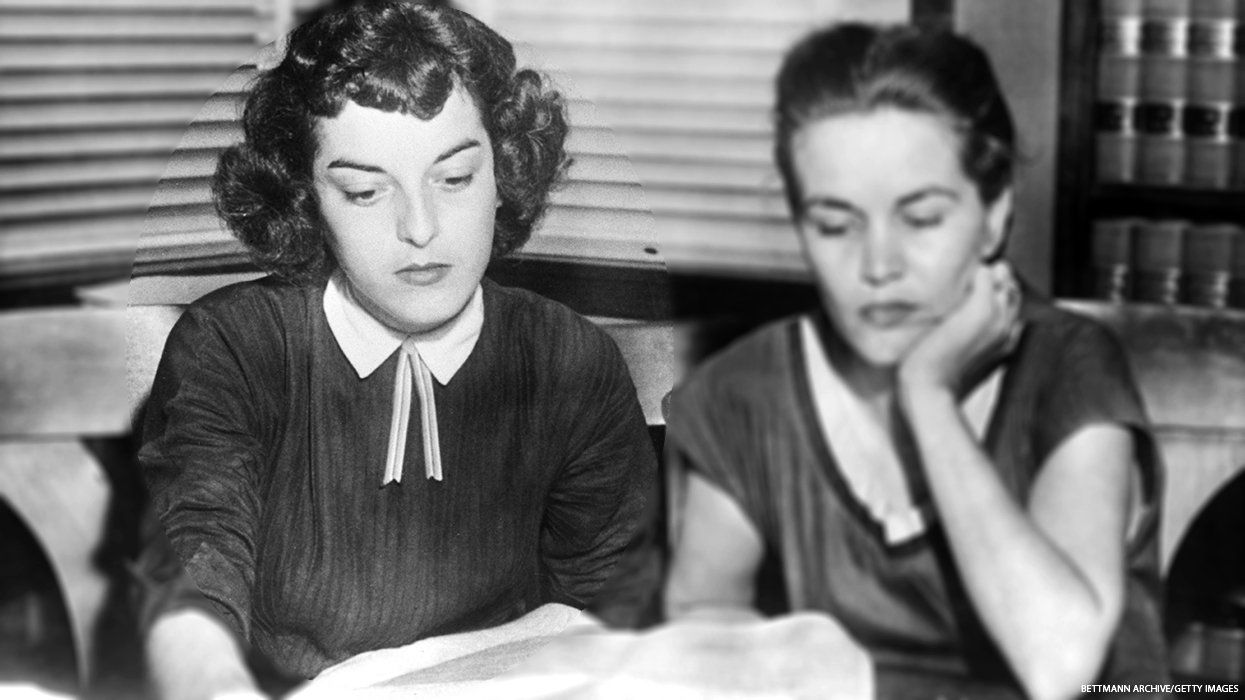The White woman who accused Emmett Till of cat-calling her, resulting in the Black teen's lynching, has died,
According to Louisiana coroner reports, Carolyn Bryant Donham died in hospice care at the age of 88, after a lifetime of avoiding legal culpability for her role in Till's murder.
Till was killed at 14 years old in 1955 when he was visiting family in Mississippi. Accounts from that day differ, but witnesses alleged that Till whistled at Bryant (now Donham) while in the market she owned with her husband in the community of Money.
Her husband, Roy Bryant, and his friend, J.W. Milam, later took Till from his bed and forced him into the back of a pickup truck. They viciously beat him before shooting him in the head and throwing his body into the Tallahatchie River.
Both were acquitted in the following murder trial. Carolyn Bryant testified that Till grabbed and verbally threatened her. Both men confessed to killing Till in interviews directly after the trial.
Till's mother, Mamie Till Mobley, made the decision to have an open-casket funeral, revealing the horrible injuries he endured. The media coverage of the trial and Till's funeral is often credited as the initial spark that ignited the civil rights movement.
Prosecutors and law enforcement had debated arresting Donham for decades. In 2007, a Mississippi grand jury declined to indict her on any charges. Last year, a search group that included members of Till's family found an unserved 1955 arrest warrant for Donham in the Leflore County courthouse. A grand jury declined to charge her again in 2022.
Till's family members filed a federal lawsuit in February demanding the arrest of Donham, stating that "it was Carolyn Bryant's lie that sent Roy Bryant and J.W. Milam into a rage, which resulted in the mutilation of Emmett Till's body into an unrecognizable condition."
Donham wrote a memoir that was publicly released in 2022, titled I am More Than a Wolf Whistle, first obtained by historian and author Timothy Tyson in 2008 after interviewing her. In writings compiled by her daughter-in-law, Donham insisted "I did not wish Emmett any harm." Historians have since pointed out several contradictory statements between her manuscript and accounts from that day.



















































